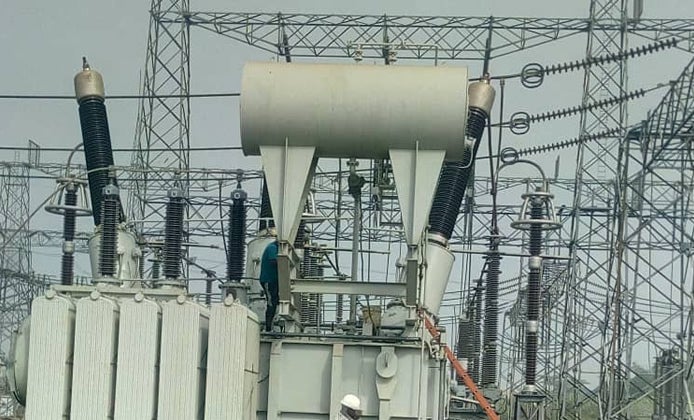
Go back to sites, FG orders power project contractors
He noted that the impact of the coronavirus pandemic on the power sector was severe, but said the contractors must return to work since the lockdown was being eased.

He noted that the impact of the coronavirus pandemic on the power sector was severe, but said the contractors must return to work since the lockdown was being eased.
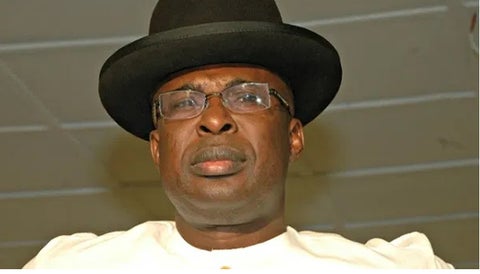
According to him, deregulation means that the government will no longer continue to be the main supplier of petroleum products but will encourage the private sector to take over the role of supplier of the products.

“Our infrastructure has suffered lasting damage, and our focus now must be on maintenance and securing a budget for the work to be done. We also must take steps to ensure Libya’s oil production is never again held to ransom,” Sanalla added.

“If you are making a bid or auctioning any oil field, you need to get 10 people per field really going after the field. We have 57 fields and we have over 600 companies. So we can say that we are celebrating success so far.

The duo of Latefat Shofidiya, 65 and Ekundayo Taiwo, 40 were nabbed, after initially absconding from their residence, for stealing power supply by illegally tapping from a source and passing it underground for more than a hundred meters, right into their home. The video of the theft showing staff of Ikeja Electric uprooting a long and shallow dug, hidden cable passing through the ground, went viral a few weeks ago.
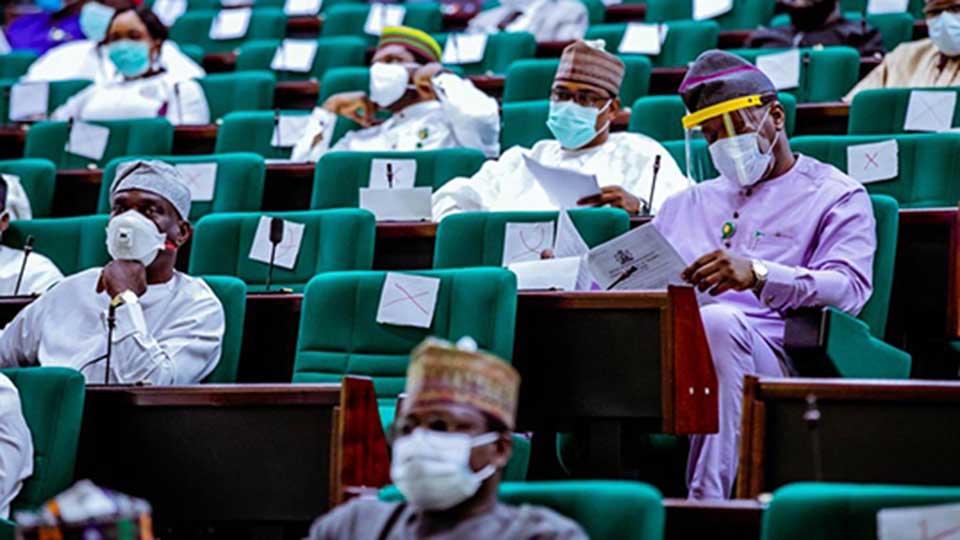
Consequently, the House mandated its Committee on Public Accounts to “invite the management of the NNPC as well as that of the NLNG, to conduct a thorough investigation on activities that have taken place on the dividends account and report back to the House in four weeks.”
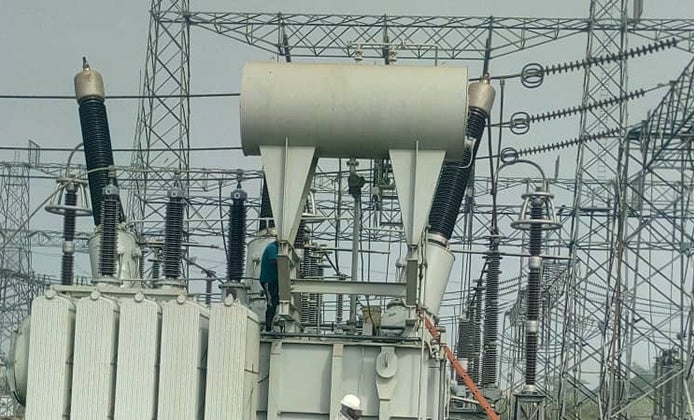
The World Bank described the power sector, particularly the distribution segment, as “operationally inefficient with high losses”.
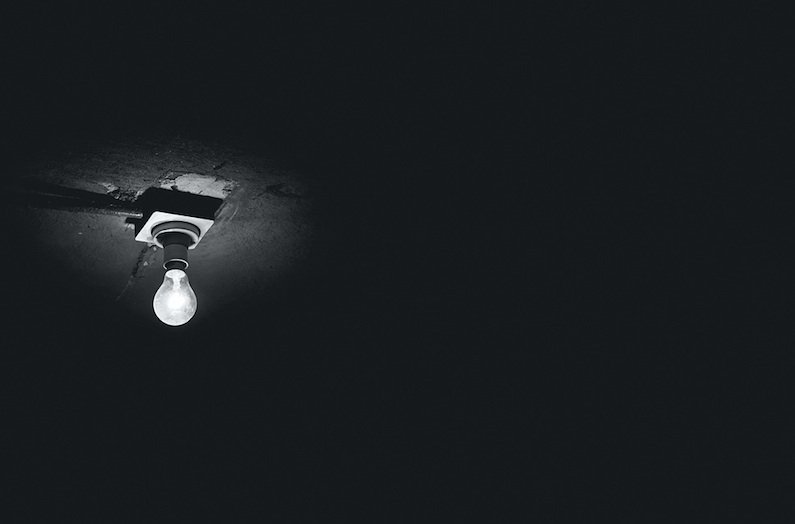
The Federal Government of Nigeria has so far spent over N1.7 trillion on the already privatised power sector in the last three years. Despite this huge amount of money expended on the power sector, about 80 million Nigerians living in 8000 villages across the country lack access to electricity.
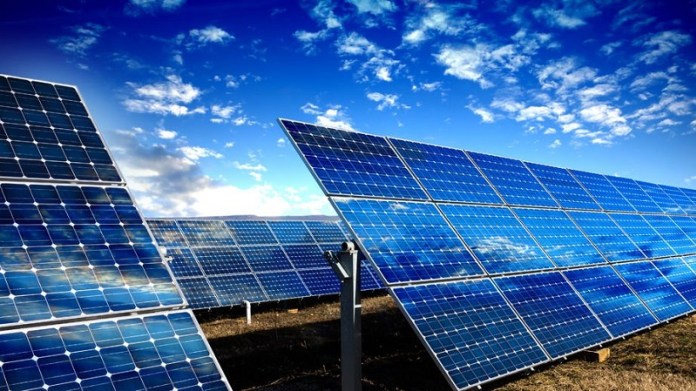
The International Renewable Energy Agency’s (IRENA) has reported that new renewable power–principally solar, wind, hydropower, geothermal, and bioenergy–accounted for 72% of new capacity additions in 2019.
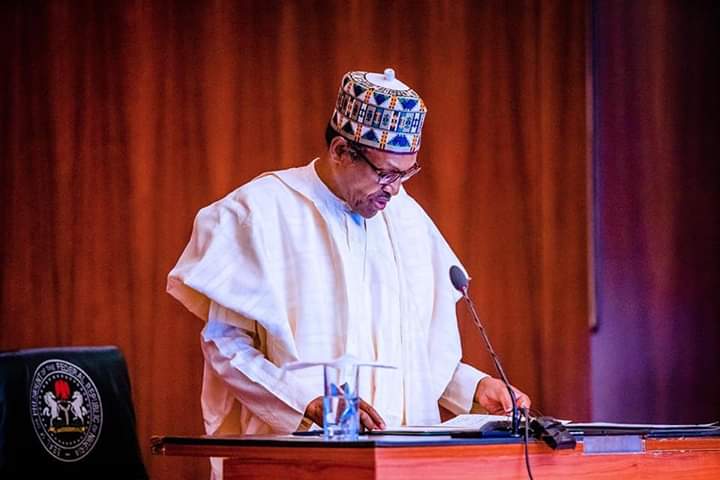
“Today marks an important chapter in the history of our great nation. It marks the day when our domestic natural gas pipeline networks from Obiafu in Rivers State, Escravos in Delta State and Lekki in Lagos State, are being connected through Kaduna to Kano states thereby further enhancing national energy security,” he said.